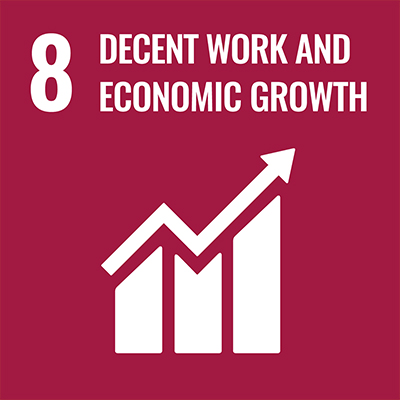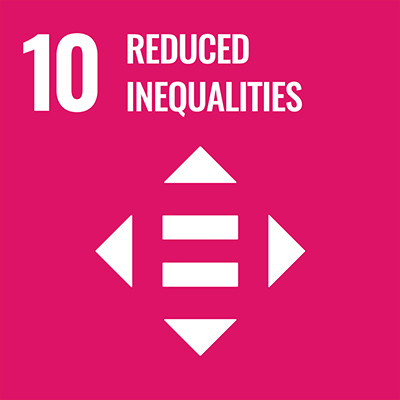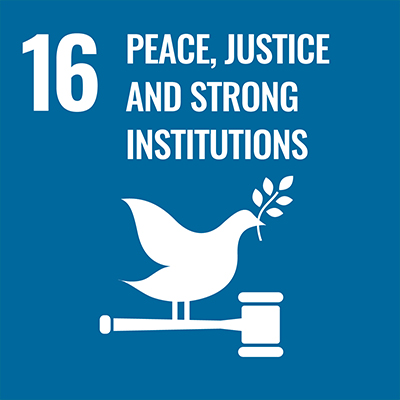Joseph Helou
Assistant Professor of Political Sciences and International Affairs
Helou’s research focuses on several political-economic and governance related fields. He is interested in governance matters, broadly construed. His research investigates state governance and informal governance in developing countries.
Helou’s research explores the impediments to the Western-centric model of the state’s Weberian monopoly of control in developing countries. He examines the impact of multiple political, social and economic factors on state governance. He explores how regimes in consociational models, e.g., sectarian practices, contribute to fragility and volatility that challenge the state’s enforcement mechanisms in several sectors.
This research branches off to another equally puzzling field, which centers on informal governance. Helou explores how citizens, through their everyday practices, spawn systems of governance that often parallel existing state practices. Such research investigates how citizens’ everyday practices help them cope with risks, hedge against adverse socioeconomic conditions and form sustainable survival strategies.
These research clusters investigate not only governance and political-economic dimensions, but also crisis dynamics, elite practices, citizens’ participation, agency-structure debates and groups’ collective decision-making processes.
Helou is currently engaged in research projects on the Middle East and North Africa region, in addition to other parts of the developing world. While his research is rooted in political science and political economy, he remains open to interdisciplinary collaborations with scholars in the fields of anthropology, human geography and sociology, inter alia. He treats topics of enquiry in a holistic approach uncovering the interplay between national, regional and international politics.
SDGs Research Mapping
Dr. Joseph Helou conducts research relevant to the following SDGs:



Selected Publications
- Helou, J. P. and Mollica, M. (2022). “Inter-Communal Relations in the Context of a Sectarian Society: Communal Fear Spawns Everyday Practices and Coping Mechanisms among the Maronites of Lebanon”. (Taylor and Francis). Nationalism and Ethnic Politics. DOI: https://doi.org/10.1080/13537113.2022.2104603
- Helou, J. P. (2022). State collusion or erosion during a Sovereign Debt Crisis: Market Dynamics Spawn Informal Practices in Lebanon. PP. 277–300. Chapter 11 in “Informality, Labour Mobility and Precariousness: Supplementing the State for the Invisible and the Vulnerable”. Polese, A. (ed). International Political Economy Series. London: Palgrave Macmillan.
- Helou, J. P. (2021). Lebanon’s Political Economy of Informality: Elites, Citizens and the State Shape Money(s) during the Sovereign Debt Crisis. PP. 149–176. Chapter 7 in “The Communitarian Nation-State Paradox in Lebanon”. Salamey, I. (Ed). New York: Nova Science Publishers.
- Helou, J. P. (2020). Fluid Concepts and Understandings Redefined: States, Porous Borders and Transnational Militant Actors in Syria. Chapter 1 In “Limited Statehood and Informal Governance in the Middle East and Africa”. Hanau Santini, R., Polese, A., and Kevlihan, R. (Eds). Durham Modern Middle East and Islamic World Series. Routledge.
- Helou, J. P. (2020). Activism, Change and Sectarianism in the Free Patriotic Movement in Lebanon. (Series: Reform and Transition in the Mediterranean). London: Palgrave Macmillan.
Academic Degrees
- Ph.D. in Politics, University of Exeter, Exeter, U.K.
- Collaborative M.A. in Political Science and International Relations, University of Toronto, Toronto On., Canada.
- B.A. in Economics, American University of Beirut, Beirut, Lebanon.